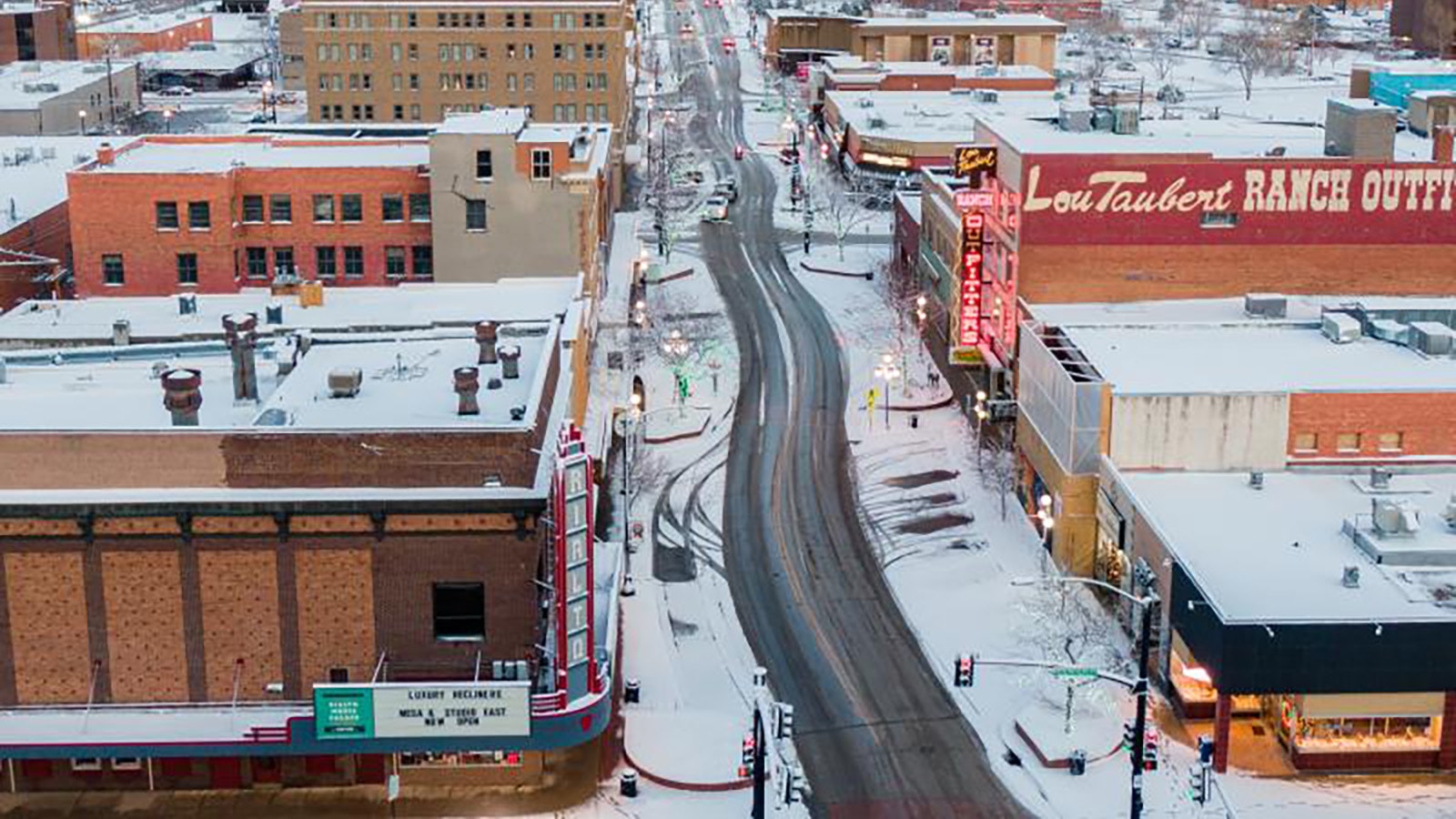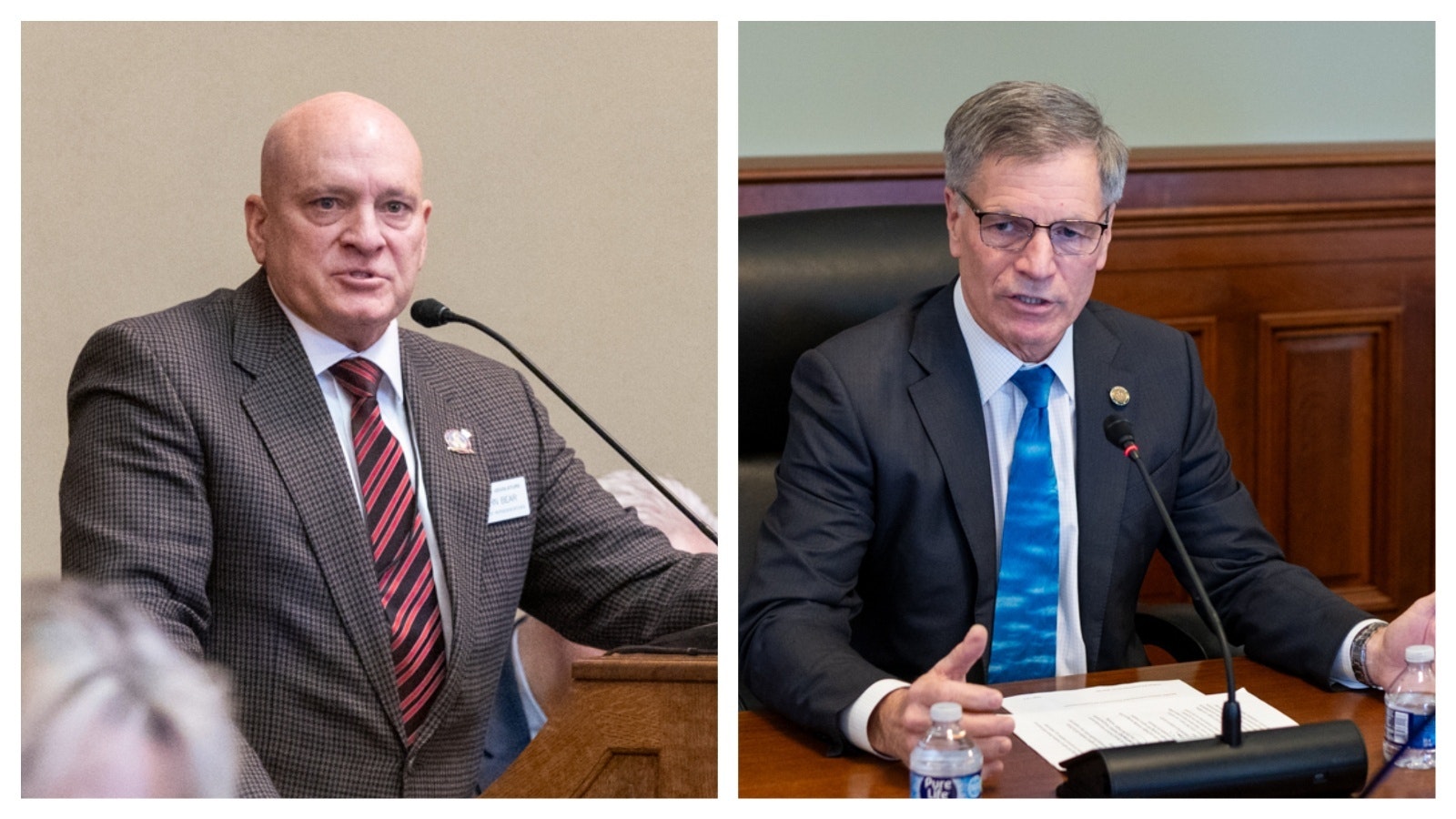CASPER — After getting an earful from local landlords, some members of the Casper City Council are having second thoughts about a proposed ordinance that would make landlords responsible for the unpaid utility bills of their tenants.
The proposal came as a response to the city having to deal with up to $800,000 in unpaid bills each year, but the council decided at a Tuesday work session to delay the second reading of the ordinance originally set for Jan. 16. Instead, they will officially vote on the delay at that meeting.
Council members spend more than an hour of the work session discussing language in the ordinance after getting a lot of feedback when it passed on first reading Jan. 2.
A Lot Of Calls
Councilor Kyle Gamroth said he has had a lot of calls and believes that “there is a potential to change the ordinance to partner with landlords.”
“I totally agree that it is not right that ratepayers have to subsidize these deficits that we have,” he said. “I think it is an admirable goal to reduce that.
“With that said, of all the conversations that I have had this week, I have not had anyone upset at the notion that ratepayers are subsidizing the cost of bills that are going to collections. In fact, all the people I’ve spoken to said that’s probably how it is done in other industries, Black Hill industries, Rocky Mountain Power, the rates that they set take into account the deficits that they realize through unpaid utility bills.”
Earlier, City Manager Carter Napier reminded the council that making landlords responsible for those utility payments “really isn’t a new concept.” He pointed to nuisance property abatement as an example of something similar the city does.
“The reality is that this is a law that we have adopted for years as it is relates to nuisance property abatement,” he said. “Pursing a property owner versus a tenant is not a foreign concept.”
But Gamroth said that in those circumstances, the neighbors’ home values would be affected, but that is not the case when a utility bill goes unpaid.
Big Numbers
At the council’s Jan. 2 regular meeting, Napier said the city has $700,000 to $800,000 in unpaid utility bills every year, and those unpaid bills ultimately are reflected in higher rates.
City Accounts Receivable Supervisor Brandy Coyle told the council Jan. 2 that the city turns unpaid bills over to a collections agency. The agency tries to collect payment over a five-year period. If bills remain uncollected during that time, it becomes necessary for the city to write off the expense.
For fiscal year 2023, the city turned 2,877 accounts over to the Collections Center of Wyoming to try and collect $681,888 over the next five years. The city pays 24% commission to the agency.
On Tuesday, Mayor Steve Cathey said one of the many emails the city received in response to the proposal accused the city of being “in the business to make a profit.” He said residents need to understand that the city’s goal is to break even and provide utility services to the community. Under the current practice, that’s not happening.
“In essence, we are putting a tax on the rest of the property owners to pay for the delinquent people,” he said.
One Suggestion
Council member Amber Pollock said one of her constituents emailed to suggest eliminating the tenant from the utility contracts and let landlords adjust rents to reflect paying utilities.
“The agreement is strictly between the city and the property owner,” she said. And then to Coyle, “Have you heard about this happening anywhere else in our region?”
Coyle told the council she did not know of a city that did that, adding that Laramie and Upton have ordinances similar what the council is considering.
“Billings holds the property manager liable and prevents water from being turned on,” Coyle said. “They actually lien properties for those debts. I don’t know that I want to do that.”
Under the official proposed policy language, landlords would have a month to make good on an unpaid bill.
“If the tenant is delinquent and refuses to pay for services used at the property, the property owner is responsible for payment to the city for services provided at the owner’s property,” the proposed ordinance states. “The property owner shall pay the city all delinquent amounts owned within 30 days of written demand by the city manager or city finance director. If the owners refused to pay the bill for service(s), the city may disconnect services to the property. The owner is also responsible for paying the city all fees, expenses and commission charged by a collection agency.”
Current Practices
Coyle said current practices do not notify a landlord when a tenant is delinquent. The proposed ordinance would allow landlords to request they be copied on any delinquent notices for their properties. The proposed timeline is to notify tenants when they are delinquent 30 days after a bill is due, and shut off services at 45 days.
The council asked city staff to review again the proposed notification timeline as well as how long the city would hold onto deposits from customers. Napier said they would also look into other municipalities that use landlord-only contracts.
Council members considered tabling just the ordinance language dealing with the responsibility of landlords for payment, but in the end agreed they needed to review it all again.
“I would rather see the whole thing tabled,” Pollock said. “I don’t feel great yet. We need a work session on the whole enchilada again.”
Dale Killingbeck can be reached at dale@cowboystatedaily.com.





